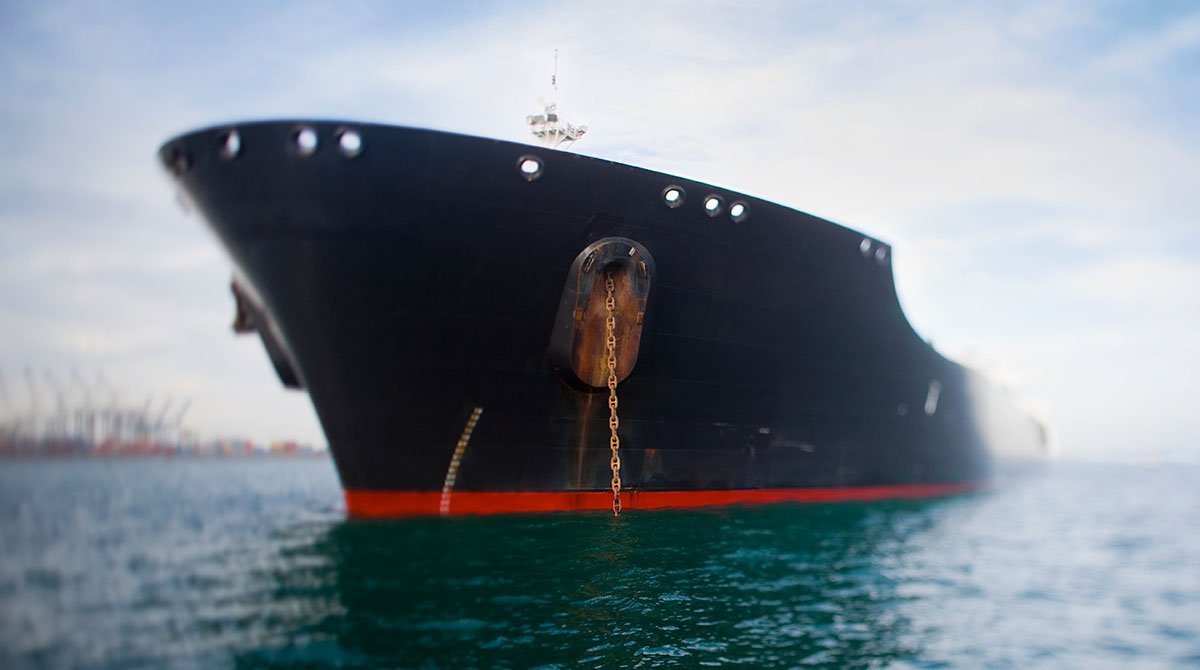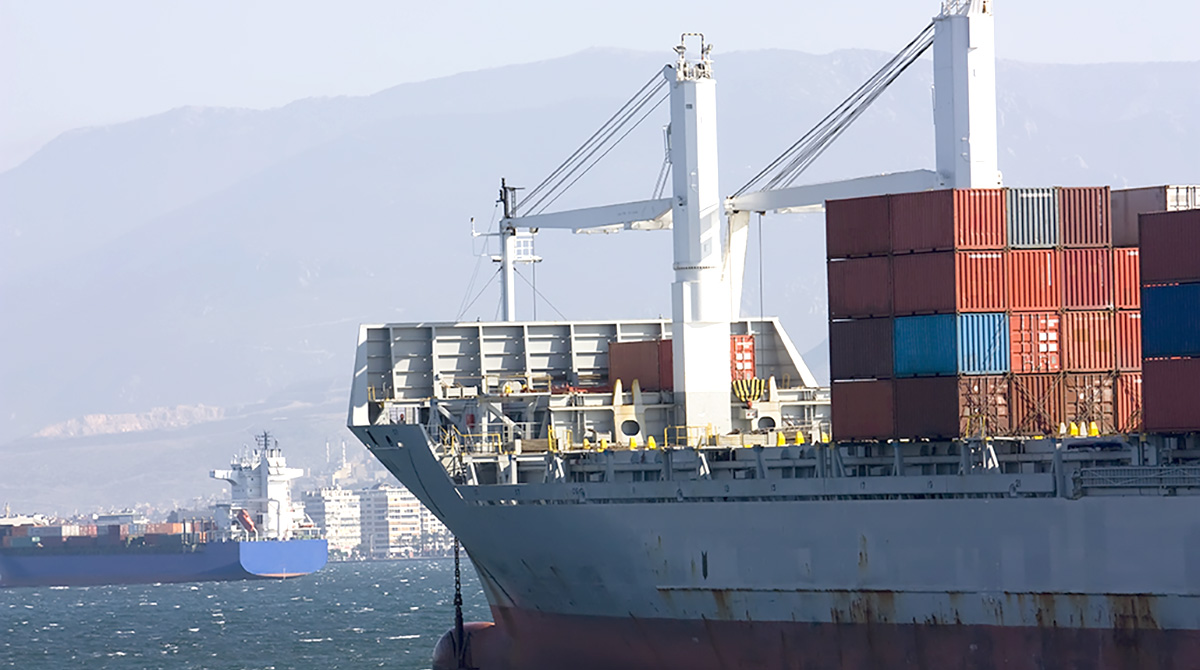On August 18, 2025, the Netherlands Institute for Human Rights ruled on the question of whether there is discrimination in the remuneration of two foreign seafarers on Dutch ships.

Due to the application of the “country of residence principle,” seafarers from Indonesia and the Philippines are not remunerated based on the Dutch collective labour agreement but according to the standards of their country of residence and a separate collective labour agreement.
In 1997, the Equal Treatment Commission (CGB), the predecessor of the Institute, concluded that the collective labour agreement for merchant shipping was not in violation of the General Equal Treatment Act. However, the Institute now concludes that applying different pay does indeed constitute discrimination. According to the Institute, there are no exceptional circumstances that would justify such a distinction. Employers in the maritime sector are therefore prohibited from making distinctions in the remuneration of seafarers based on nationality. Seafarers performing the same work are entitled to equal pay, regardless of their nationality.
According to the Royal Association of Dutch Shipowners (KVNR), the country of residence principle is common international practice, and the Institute’s ruling undermines the level playing field in international maritime shipping. The KVNR warns that this may have consequences for the competitive position of Dutch shipowners.
We note that the rulings of the Institute are not binding, and the Institute cannot impose compensation for damages. Although the ruling has no direct consequences it can be used as part of a case before a civil court. The “Equal Justice Equal Pay Foundation,” which supported the procedure of the two seafarers, has announced that it is preparing a class action. The NNPC will continue to monitor developments in this regard and keep its members informed of developments.
For questions, you can contact us via: claims@nnpc-marine.com.



